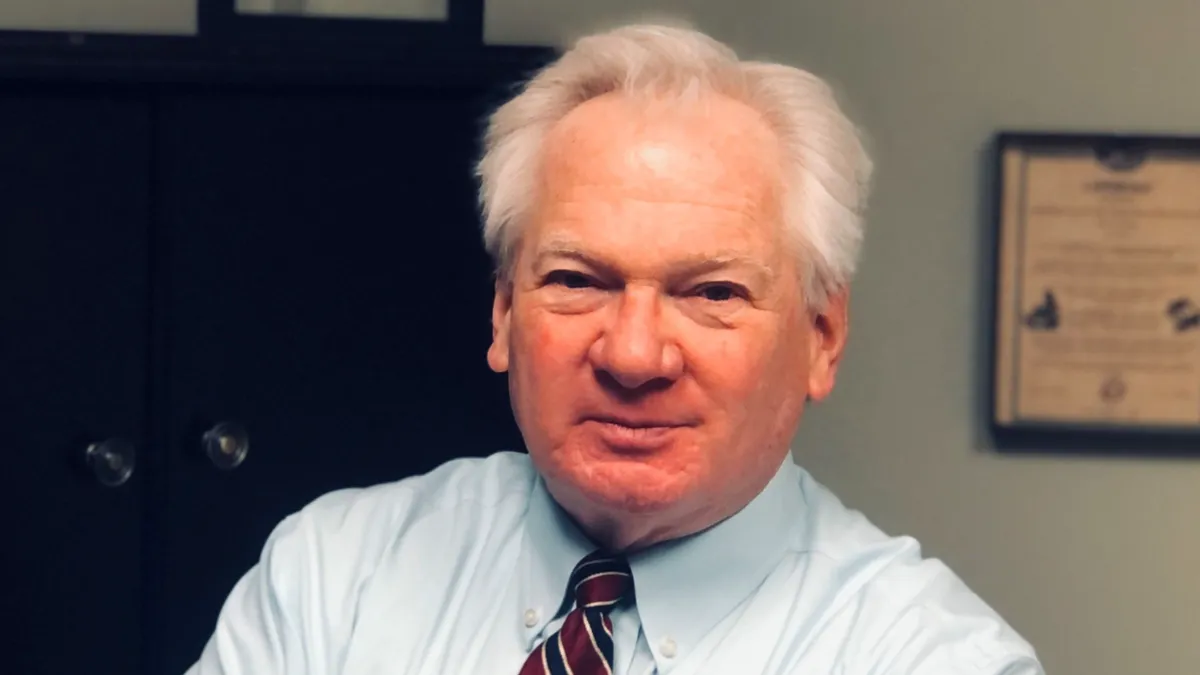The once-burgeoning COVID market has now become a tough landscape where few companies are finding the kind of success seen in the early pandemic. Among the recent setbacks was a study that showed Pfizer's Paxlovid proved ineffective against long COVID, and the announcement that Moderna is pausing plans to build an mRNA manufacturing facility in Kenya, blaming its billions in dropping revenue on waning COVID vaccine sales.
Despite the market slump, some companies still see the potential for an edge, either in combo shots or next-generation prophylactics for underserved patient populations. Clinical-stage GeoVax Labs, for example, has been busy advancing a COVID vaccine candidate dubbed GEO-CM04S1 designed to target high-risk immunocompromised patients.
And the company recently received a BARDA Project NextGen award to study the phase 2 candidate in healthy patients against an approved vaccine.
“Where we think we have the opportunity to move quicker is by having a vaccine that is addressing populations for whom the current authorized vaccines are recognized as being inadequate."

David Dodd
CEO, GeoVax
GeoVax’s COVID candidate differs “significantly” from approved vaccines in several ways, said David Dodd, chairman, president and CEO of GeoVax.While other COVID shots only induce a neutralizing antibody response and require frequent boosters to tackle new strains, GeoVax’s dual-antigen candidate also induces T-cell-based immunity by combining the traditional spike protein with an additional nucleocapsid protein.
“What we’ve been able to demonstrate in the clinic is that we’ve shown protective immunity from the original Wuhan strain all the way to the Omicron XBB.1.5 without having to reconfigure [the vaccine],” Dodd said. “That means that we are demonstrating a much broader breadth of protective immunity than what you’ve previously seen.”
The GeoVax candidate also appears to have better durability than its potential rivals, Dodd said, and demonstrated protective immunity for 8-12 months — roughly twice as long as other vaccines that only induce an antibody response.
Major vaccine players are heavily focused on combo jabs, including Moderna, which just showed promising data from a late-stage study of its combination COVID and influenza vaccine, and Dodd believes GeoVax can compete on that front as well. Because the company’s platform allows encoding of multiple antigens, Dodd said it could be “ideally suited to be able to do combo vaccines.”
Filling a lingering COVID gap
Immunocompromised people account for a disproportionately large percentage of severe COVID-19 outcomes and hospitalizations, and GeoVax’s jab has the potential to be the “preferred product” for the more than 300 million people worldwide with compromised immune systems whose bodies don’t respond to antibody stimulation, Dodd said.
“We have tens of millions of people in the United States today who, for them, the pandemic continues because the vaccines have done nothing for them,” he said. “That’s where our vaccine has a major point of differentiation and value.”
GeoVax has two phase 2 clinical trials currently underway involving blood cancer patients, but isn’t the only company targeting COVID prevention in immunocompromised patients.
AstraZeneca just announced positive results from its phase 3 trial of sipavibart, a long-acting antibody, which met the trial’s primary endpoints in preventing COVID-19 in immunocompromised patients.
And in March, Inivyd nabbed an FDA emergency use authorization for its pre-exposure prophylaxis for COVID called Pemgarda that was developed for immunocompromised patients.
Both of those examples, though, aren’t traditional vaccines since they don’t trigger an immune response and instead they deliver antibodies directly to the patients.
Widening focus
In addition to targeting immunocompromised patients, GeoVax is also studying its technology in broader populations.
Using funds from its BARDA award, GeoVax will sponsor a phase 2b study of 10,000 healthy participants to compare the efficacy, safety and immunogenicity of GEO-CM04S1 with an FDA-approved mRNA COVID-19 vaccine.
It’s also conducting a phase 2 study of GEO-CM04S1 as a COVID vaccine booster in healthy volunteers.
While Dodd said the BARDA program will last about three years, he sees the possibility of an “expedited pathway for registration” elsewhere.
“Where we think we have the opportunity to move quicker is by having a vaccine that is addressing populations for whom the current authorized vaccines are recognized as being inadequate,” he said.











